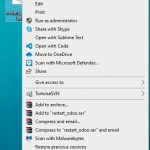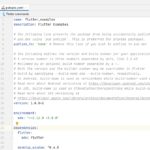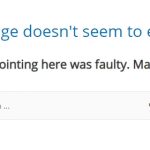A DLL is a library of code, it stands for Dynamic Link Library. It can be an important part of the interface between different software components or simply provide additional, related functionality to existing programs on your computer. There are many types of DLLs, and they do not have to be created by Microsoft or any other company; this type of file has been available since the late 1980s for Windows computers.
A DLL is a module that contains code libraries for use by other programs. A library in this sense refers to collections of prewritten functionality that programmers might want or need when writing their own software. The word “library” in computer programming typically implies a set of routines and data structures which are needed by more than one program but not necessarily loaded at the same time.
There are two common ways in which you may encounter a DLL: it’s either loaded into memory when needed (such as at startup) or statically linked with another program such that one cannot run without the other being present too. In some cases, dynamic loading might seem like overkill if all that’s wanted from a given module is its export interface, so static linking can be used instead.
DLL files are also available to programs used by more than one. Some DLLs come with the Windows operating system. Others are added when new programs are installed.
What is missing DLL file error?
When a program needs to access functionality from the DLL file but can’t, it will often produce an error message. The most common of these is “missing or corrupt” files which forces the user to find and replace their copy of that DLL with one they know works. Another type is usually called “The application has failed to start because dll name was not found”.
DLL Files are used as dependencies in many programs such as Firefox, Chrome, Wordpad etc., so when there’s any problem related them; our Windows Operating System might give you this type of error: Missing or Corrupt File.


